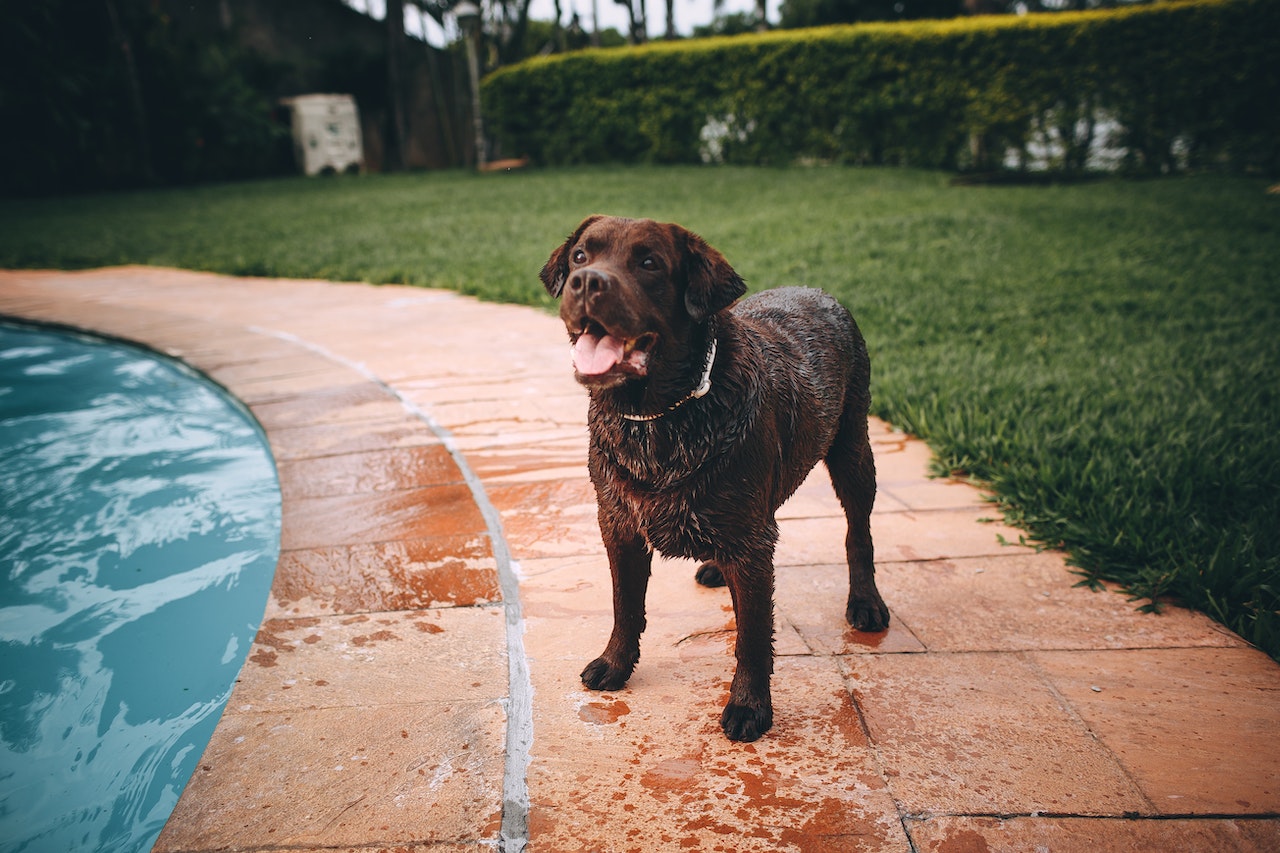Coccidiosis in Dogs
Labrador Retrievers are beloved family pets known for their friendly and outgoing nature. However, like all dogs, Labradors can be susceptible to certain health issues, including coccidiosis. Coccidiosis is a parasitic infection caused by single-celled organisms called coccidia that can affect the gastrointestinal tract of dogs.
Coccidiosis in Labradors can cause symptoms such as diarrhea, vomiting, weight loss, and decreased appetite. It is important for Labrador owners to be aware of this condition and take preventive measures to protect their furry friends. Regular veterinary check-ups and fecal examinations can help detect any presence of coccidia in your dog’s stool.
To prevent coccidiosis in Labradors, it is crucial to maintain good hygiene practices. Keeping your Labrador’s living environment clean and regularly disinfecting their food and water bowls can minimize the risk of infection. Additionally, avoiding contact with contaminated soil or feces from other animals is essential in reducing the chances of transmission.
If you suspect that your Labrador may have coccidiosis or if they exhibit any concerning symptoms, it is important to consult with a veterinarian promptly. Early diagnosis and appropriate treatment can help alleviate discomfort and ensure a swift recovery for your furry companion.
Symptoms and Signs of Coccidiosis in Dogs
When it comes to coccidiosis in dogs, recognizing the symptoms and signs early on is crucial for prompt treatment. As a dog owner, staying vigilant and observant can help you identify any potential issues that may arise. Here are some common symptoms to look out for:
- Diarrhea: One of the primary signs of coccidiosis in dogs is persistent diarrhea. You may notice loose stools that are watery or contain mucus or blood. Keep an eye on your Labrador’s bathroom habits, as changes in stool consistency can indicate an underlying problem.
- Weight loss: Dogs with coccidiosis often experience weight loss due to their reduced appetite and gastrointestinal disturbances caused by the parasite. If you notice your Labrador losing weight unexpectedly or appearing thinner than usual, it could be a sign of coccidiosis.
- Lethargy: Infected dogs may exhibit a lack of energy and seem unusually tired or lethargic. If your usually active Labrador becomes increasingly inactive or shows signs of fatigue without any apparent reason, consider getting them checked for coccidiosis.
- Vomiting: While less common than diarrhea, vomiting can occur in dogs with severe cases of coccidiosis. If your Labrador starts vomiting frequently or seems nauseous after meals, consult your veterinarian for further evaluation.
- Dehydration: Due to the excessive fluid loss from diarrhea and vomiting, dogs with coccidiosis are at risk of dehydration. Watch out for signs such as dry gums, sunken eyes, increased thirst, or decreased skin elasticity – all indications that your furry friend may be dehydrated.
Treatment Options for Coccidiosis in Dogs
When it comes to treating coccidiosis in dogs, there are several options available. The choice of treatment depends on the severity of the infection and the individual dog’s health condition. Here are some common treatment approaches:
- Medication: Veterinary prescribed medications are often used to combat coccidiosis in dogs. These medications typically contain active ingredients that target and eliminate the coccidia parasites responsible for the infection. Your veterinarian will determine the appropriate dosage and duration of treatment based on your dog’s specific needs.
- Fluid Therapy: In cases where a dog is experiencing dehydration due to severe diarrhea caused by coccidiosis, fluid therapy may be necessary. This involves administering fluids intravenously or subcutaneously to restore hydration levels and maintain electrolyte balance.
- Nutritional Support: Proper nutrition plays a crucial role in supporting a dog’s immune system during coccidiosis treatment. Your vet may recommend a special diet or supplements that aid in recovery and strengthen your dog’s overall health.
- Environmental Management: Since coccidia parasites can live outside of the host body, it’s essential to thoroughly clean and disinfect your dog’s living area to prevent re-infection or spreading to other pets. Regularly washing bedding, toys, and food bowls can help reduce the risk of contamination.
- Follow-up Monitoring: After initiating treatment for coccidiosis, it is important to closely monitor your dog’s progress during recovery. Regular check-ups with your veterinarian will ensure that the chosen treatment approach is effective and allow any necessary adjustments to be made if needed.
Remember, always consult with a qualified veterinarian before starting any treatments for coccidiosis or any other medical condition in dogs.
